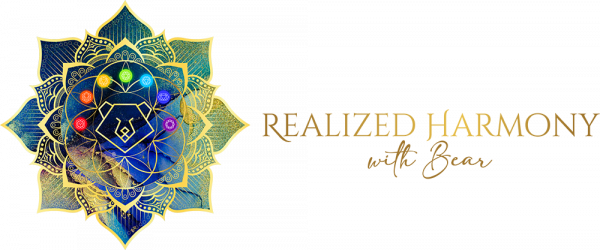Demystifying Reiki: A Journey Through Ancient Healing
Reiki, a name that whispers of ancient wisdom and hidden energies, has become increasingly popular in our modern world. But what exactly is it? Is it a magic trick, a form of massage, or something entirely different? Today, we embark on a journey to unveil the mysteries of Reiki, exploring its origins, practices, and potential benefits.
From Japan to the World:
Born in early 20th century Japan, Reiki’s story begins with Mikao Usui, a spiritual seeker who rediscovered this ancient healing technique. The word itself translates to “universal life force energy,” highlighting the core belief that an unseen energy flows through all living things. Practitioners act as channels, directing this energy towards individuals to promote healing and balance.
Hands-on, yet Touchless:
Unlike massage, Reiki involves gentle hand placements either on or slightly above the body. No oils or rubbing are involved. Instead, the practitioner acts as a conduit, allowing the universal energy to flow freely, potentially addressing physical, emotional, and spiritual imbalances.
A Journey Within:
While scientific studies on Reiki are ongoing, many individuals report experiencing a range of benefits, including:
- Reduced stress and anxiety: The calming nature of the practice can promote relaxation and emotional well-being.
- Pain relief: Studies suggest Reiki might be helpful in managing chronic pain conditions.
- Improved sleep: The deep relaxation achieved during a session can contribute to better sleep quality.
- Enhanced sense of well-being: Reiki can support overall feelings of peace, balance, and self-awareness.
Is Reiki Right for You?
If you’re curious about alternative healing techniques or simply seeking relaxation and stress relief, Reiki might be worth exploring. Remember, it’s not a replacement for conventional medical care but can be a complementary therapy to support your overall well-being.
Before you Try:
- Do your research: Find a qualified and experienced Reiki practitioner. Seek recommendations and ask questions about their training and approach.
- Communicate openly: Discuss your expectations, concerns, and any medical conditions you have with the practitioner.
- Listen to your body: Be open to the experience, but remember, Reiki is a gentle practice, and results may vary from person to person.
Remember, the path to well-being is often a personal journey. While Reiki may not be the answer for everyone, exploring its potential can be a valuable step towards understanding and nurturing your own holistic health.
Have you tried Reiki? Share your experiences in the comments below!



